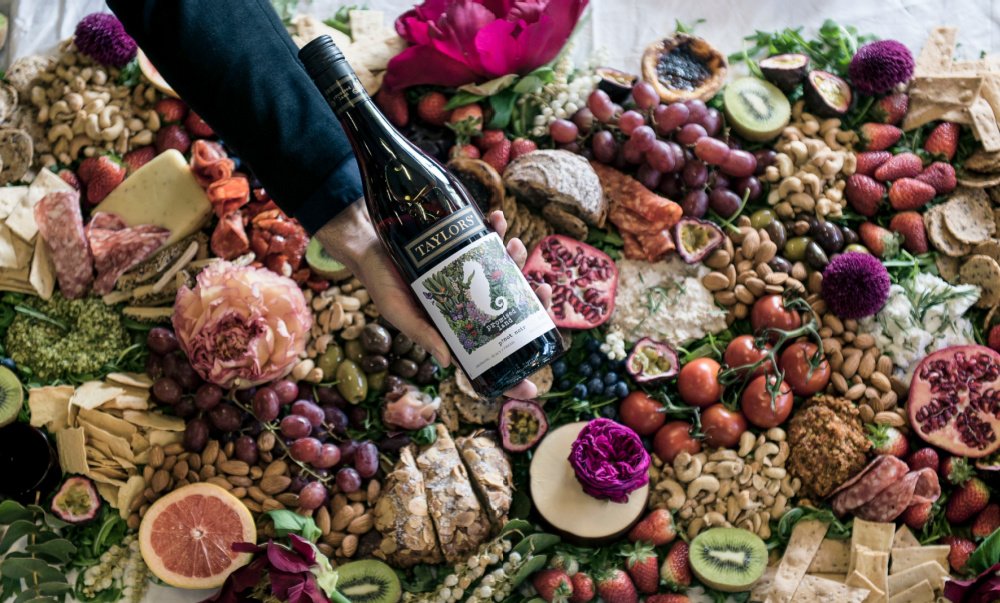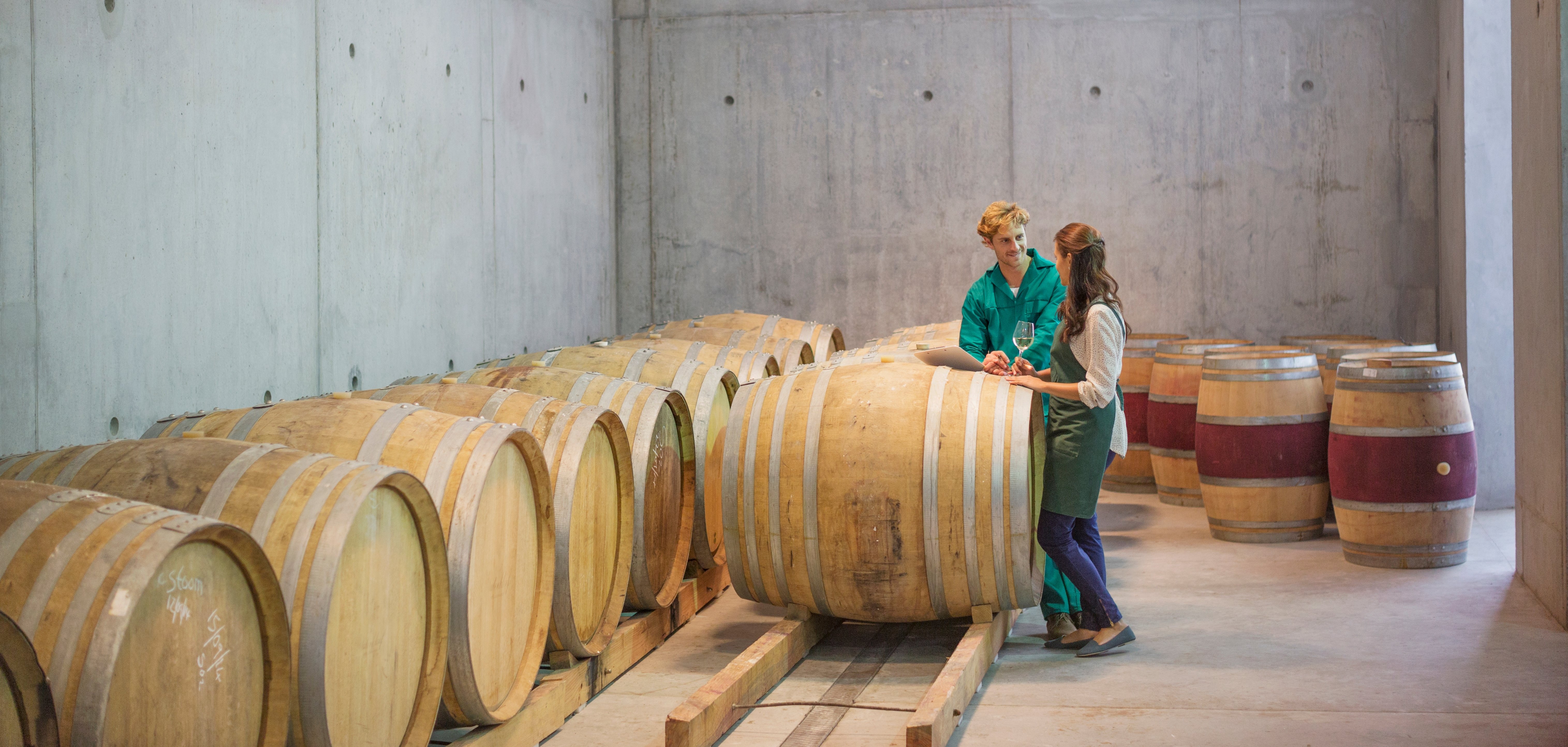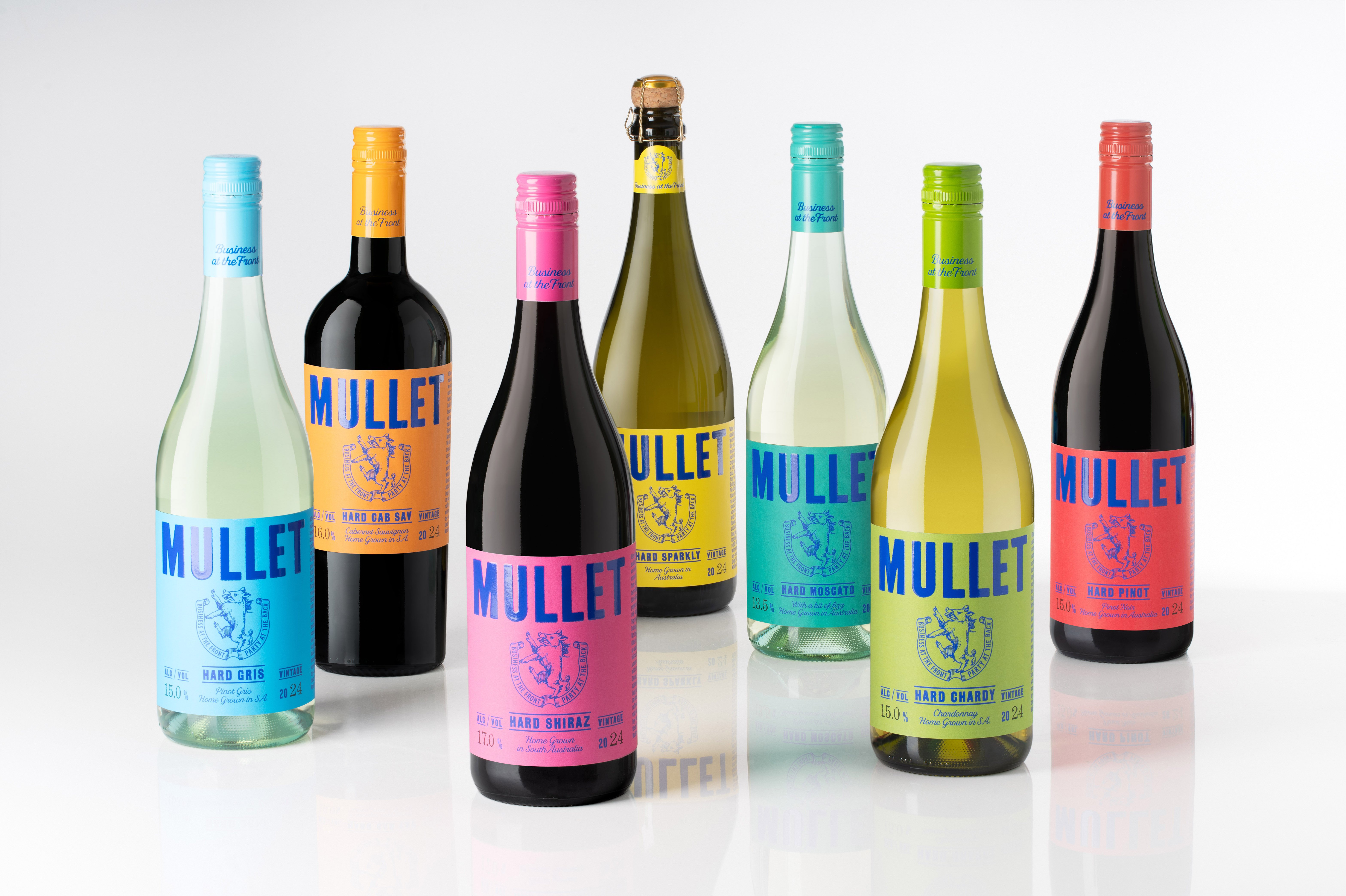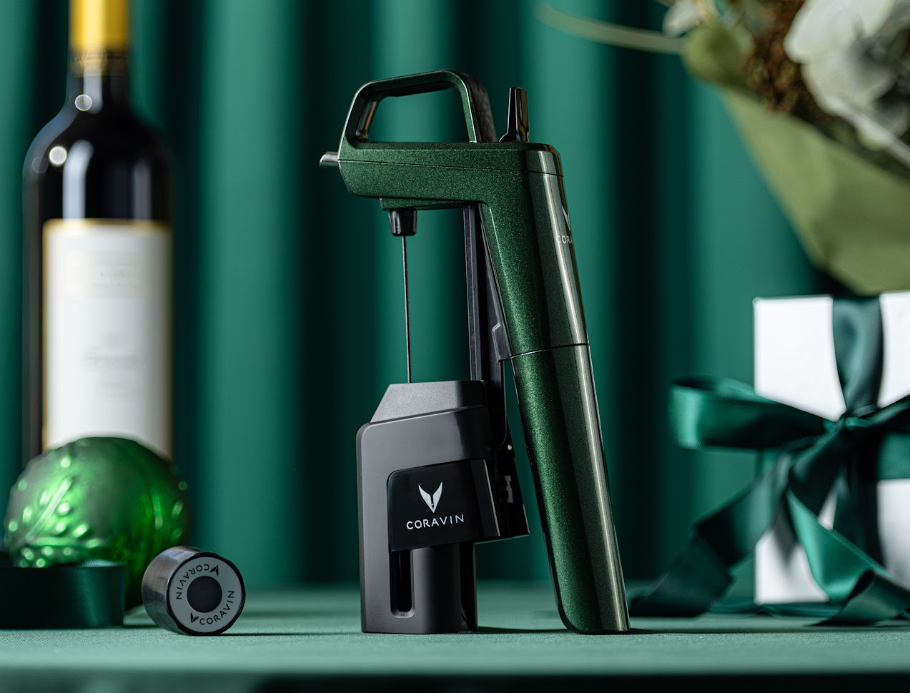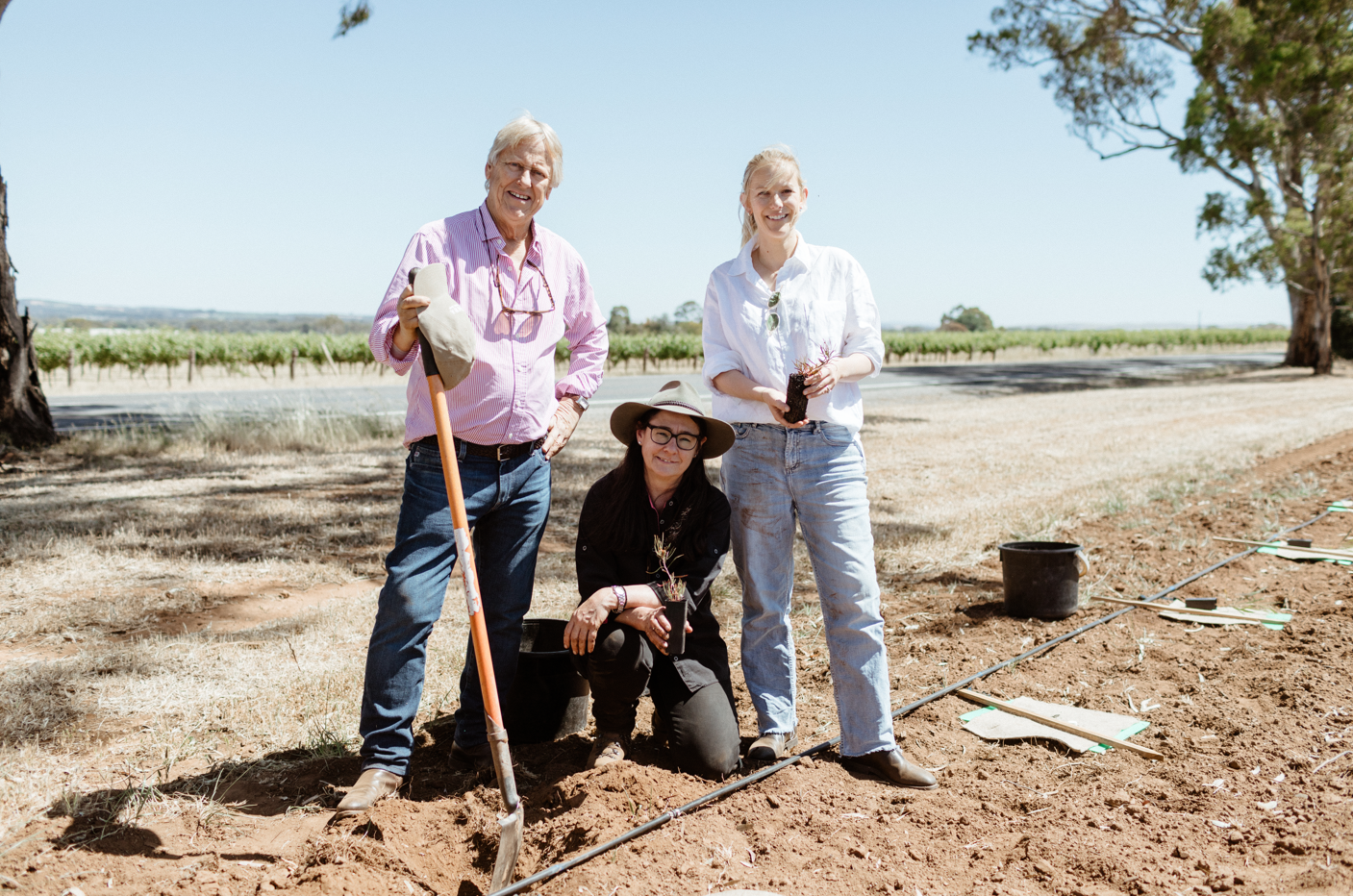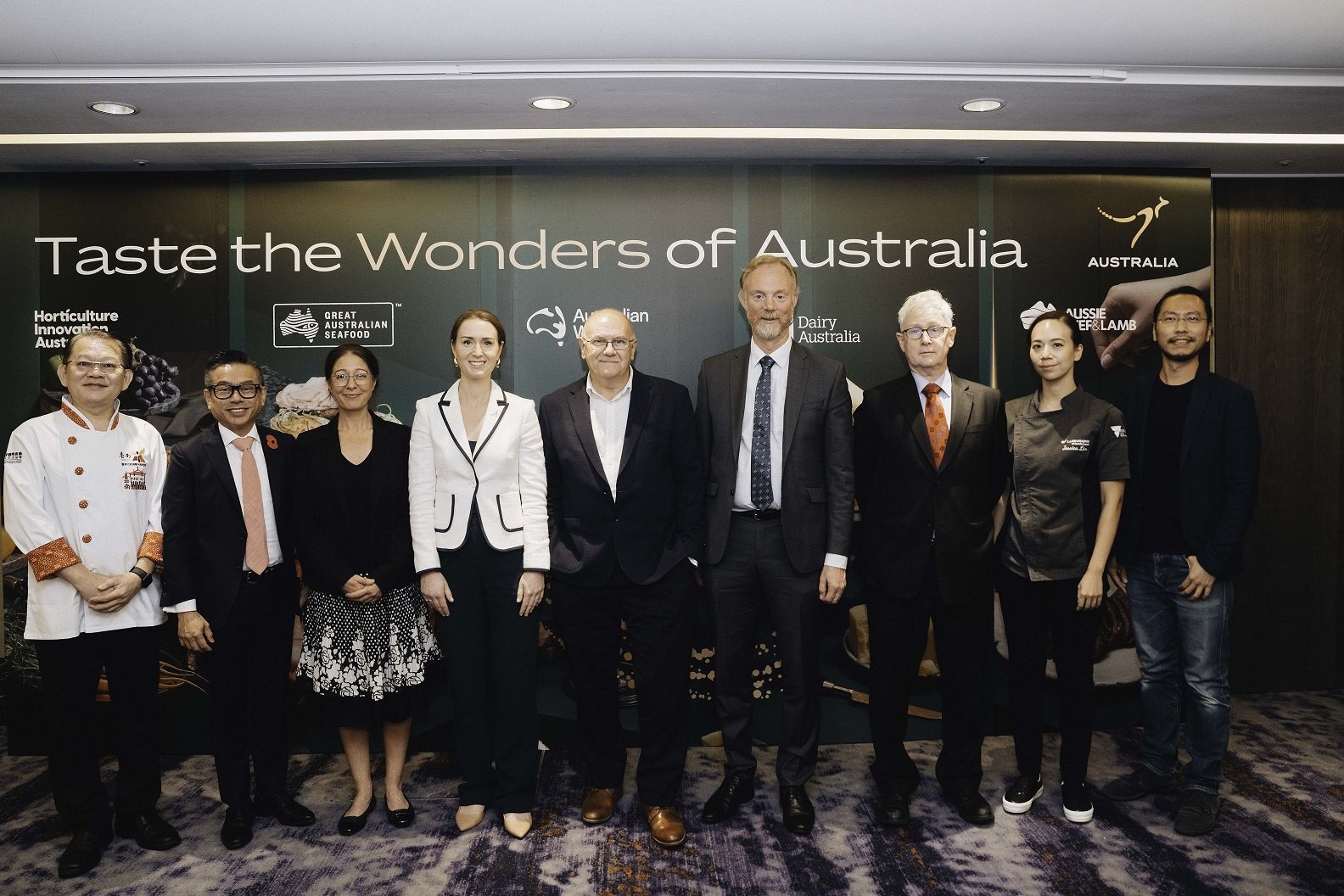Having worked alongside Austrade, Taylors Wines Promised Land range is all set for sale in India ahead of the Economic Cooperation Trade Agreement (ECTA) between Australia and India which comes into effect on Thursday, 29 December.
This retails for around $15 per bottle in Australia.
Managing Director and winemaker of Taylors, Mitchell Taylor said, "In India, it will be comparatively much more expensive. As we work through the FTA and with our export partners, we hope to bring more of our top-end wines into this market. More work on the FTA needs to be done here to make more of our wines available at a reasonable price."
He describes the FTA as it stands as "a toe in the water" and that more needs to be done to "make Australian wine competitive and available for the consumers to try".
CEO at Pernod Ricard Winemakers, Bryan Fry agrees. He said that as they stand, the tariff reductions only benefit a small percentage of Australian wines exported there:
"Whilst we commend and appreciate the Australian Government’s efforts in seeking to open new markets for Australia’s wine industry, the agreement will reduce tariffs on just two per cent of Australia’s current wine exports to India. Tariffs of 150 per cent will remain in place for 98 per cent of all current Australian wine exports to India, which is disappointing for us being one of the larger exporters to the Indian market.
"We hope that more comprehensive market access for Australian wine will be a focus of negotiations ahead of the final agreement."
With the ECTA bedded down and about to commence, Australia and India will now progress to the next stage: a Comprehensive Economic Cooperation Agreement in which the federal government will, among other things, pursue further opportunities in goods and services.
While Australian winemakers like Pernod Ricard Winemakers and Taylors Wines are calling for greater tariff reductions, Australian distillers are hoping to be included in the final agreement.
From 29 December:
- Wine that arrives in-market priced at USD$15 per bottle or more will see the 150 per cent tariff immediately reduced to 75 per cent. Annual tariff reductions will then kick in from 1 January 2023 with a final tariff rate of 25 per cent after 10 years.
- Wine priced between US$5 and $15 will see tariffs fall to 100 per cent immediately, and then 50 per cent after 10 years.
Australian wine exports to India
Data from Wine Australia shows Australia exported 3.6 million litres of wine valued at AUD$16.2 million to India in the year ending September 2022. This was an increase of 41.5 per cent in volume and 48 per cent in value compared to the year ended September 2021.
According to Euromonitor’s Export Market Development Guidebook for India, wine consumption is expected to grow from 29.2 million litres in 2020 to 55.5 million litres by 2025, thanks to a rising middle class, increasing urbanisation, an inclination towards imported wine, and a shift in consumer preferences from hard spirits towards wine.
In 2021, India imported 5.6 million litres of wine, up 84 per cent from the previous year and Australia was the main contributor to this growth.
So, what would it take to fill the gap left by China? Taylor says that is some time off.
"The deal will not fill the huge gap left by China; however, if we can accelerate the removal of these very high tariff rates to close to zero, then it could be an interesting market in 20 years time," he said.
Austrade says that it has been working with Taylors since 2018 to help get it on the ground in India and it expects that the initial tariff reduction will encourage Australian imports.
Trade and Investment Commissioner, John Southwell said, "India is not a transactional market. Relationships are key and you need to have a mid to long-term view.
"Beyond price and taste, Indian wine importers look for wineries that have a good story, including about their region and wine varietals. Those that have international awards are very attractive. They are also looking for wineries that can supply wines in all 3 price segments – entry, mid and premium."
The federal government says that ECTA will save Australian exporters around $2 billion a year in tariffs.
For more information on exporting wine to India, visit Wine Australia's Export Ready Hub.
.
Share the content
